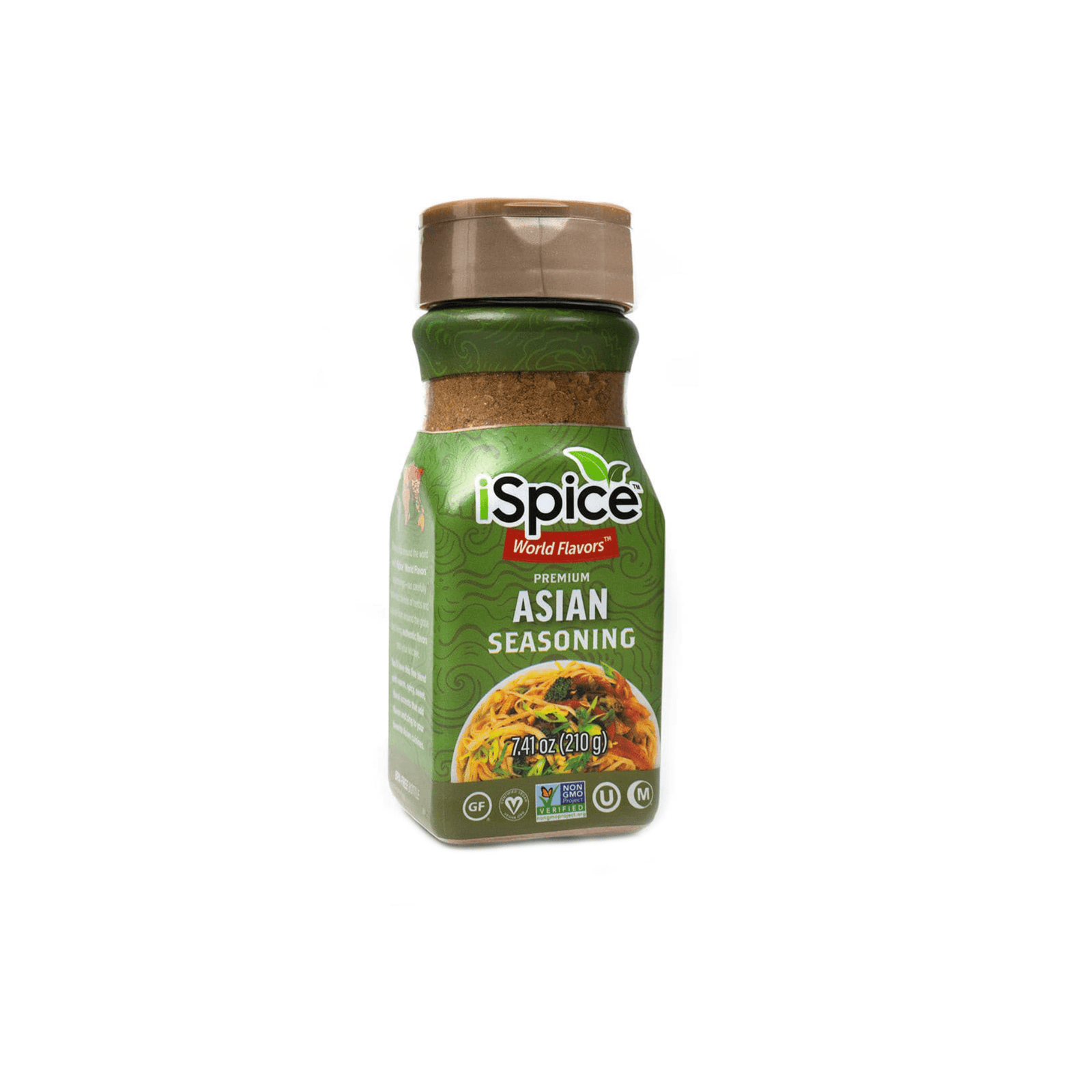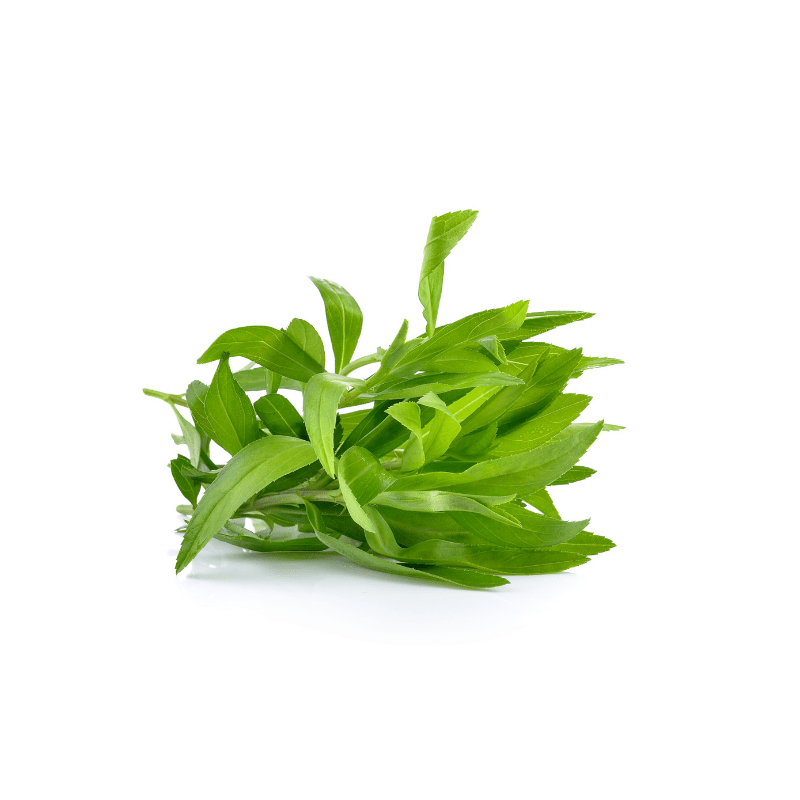White pepper is the peppercorn without the husk or shell, while black pepper is the entire peppercorn with the shell intact. White pepper has a sharp, winey, biting flavor, yet tastes subtler and less complex than black pepper. High-quality peppercorns of either type are more aromatic and have more floral, spice and fruit notes than generic ones, and experts recommend freshness for good white pepper, which turns stale and bitter faster than black. Because of their difference in taste and appearance, white and black pepper are used in distinctly different dish preparations. White pepper is usually found in white sauces so that it looks more “pure,” while black pepper is more common in American kitchens. Using white pepper in light-colored dishes (sauces, mashed potatoes, fish) for aesthetic reasons is a tradition that originated in France. But, white pepper is also used in some cuisines for its specific, milder flavor. White pepper is common in Chinese cooking, Vietnamese soups, pork and many Swedish dishes.
Alert: While spices can have many beneficial properties for health, using them for medical purposes should be done under the guidance and supervision of a healthcare professional or specialist. Some spices may interact with medications or cause adverse reactions in certain individuals, and it is important to use them safely and appropriately. If you are considering using spices for a medical condition, it is important to consult with a healthcare professional before doing so.
| |
Benefits of White PepperSome research suggests White Pepper may have the following benefits:
|





















































